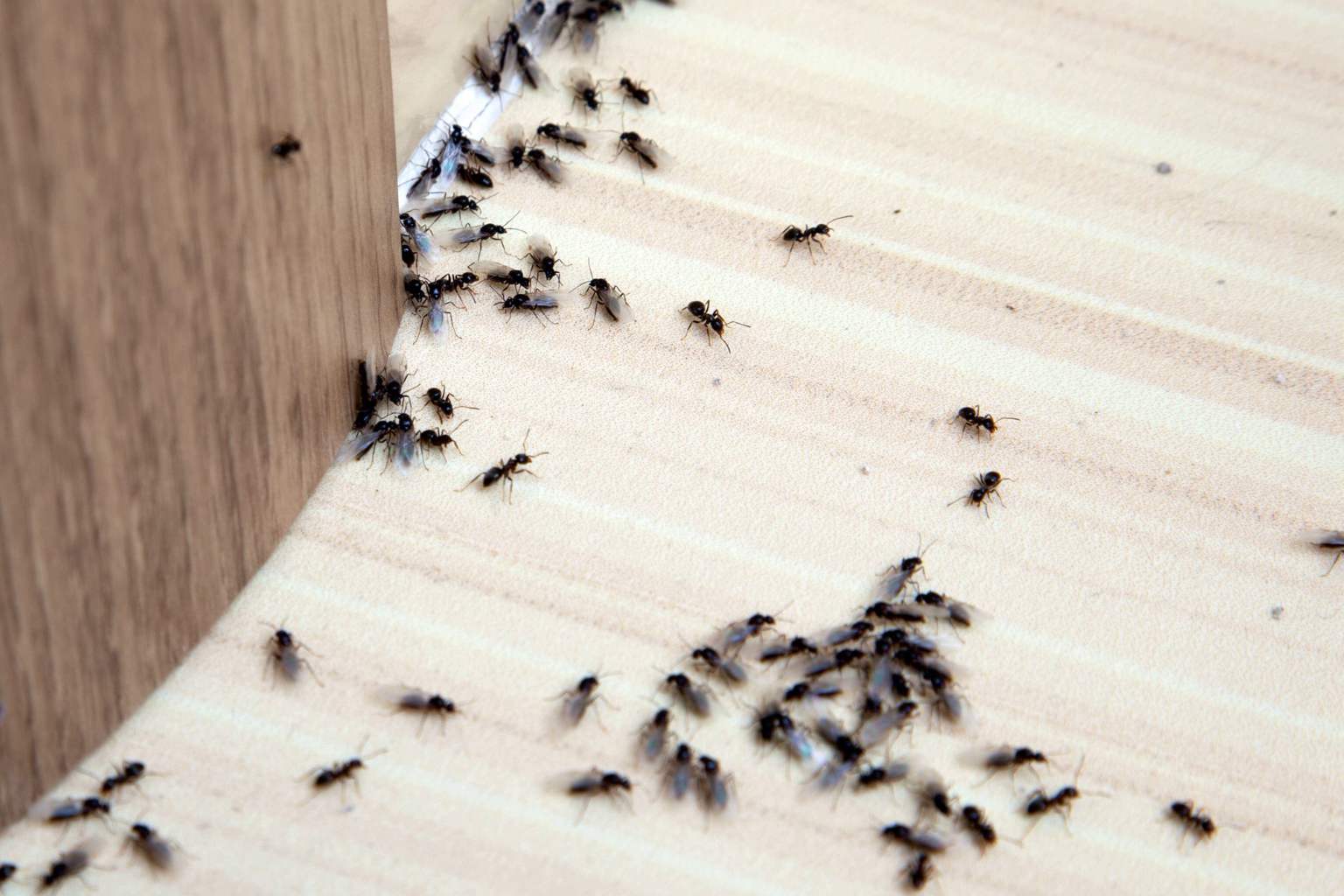As the warmer months approach, along with sunshine and fresh air, we often face an unwelcome visitor: the relentless ant invasion. These tiny creatures can turn from a minor nuisance into a full-blown household problem before you know it. But what if the solution was not some harsh chemical, but something as ordinary and natural as a fruit you already have in your kitchen?
Understanding why ants are drawn to your home is key to keeping them out. They love damp environments and easy access to food—crumbs on the kitchen floor, sticky spots on your tables, or even leftover residues in the trash can make your home an ant playground. Although most ants pose little direct harm, they can carry bacteria, putting the cleanliness of your food and surfaces at risk. Worse yet, their rapid reproduction means a small group can quickly become an infestation.
Why ants choose your home and how to stop them
I remember once spotting a trail of ants marching from my back door into the pantry. It was baffling how these minute creatures knew exactly where to go and how to communicate their discoveries so efficiently. Ants use chemical signals called pheromones to mark their paths and lead others to food. Interrupting this invisible map could be the key to stopping them.
The secret weapon? lemon juice. Lemon is more than a tasty kitchen staple – its citric acid interferes with how ants communicate. When ants encounter lemon juice, it disrupts the pheromone trails they rely on to navigate. This confusion prevents them from organizing and discourages them from returning.
How lemon juice works as a natural ant repellent
Applying lemon juice is surprisingly easy. I began spraying it along entry points like door thresholds and window sills, places where ants are likely to sneak in. A spray bottle makes getting into nooks and crannies simple, and regular applications during the hotter months keep ants at bay. The fresh, zesty scent isn’t just pleasant for humans—it sends a clear “no entry” message to ants.
If you want a bonus boost, don’t toss the lemon peels. Lemon zest carries a powerful aroma that adds an extra layer of defense. Rubbing zest along ant-prone areas or leaving peels in spots where ants gather can reinforce the repellent effect without any chemicals.
Easy steps to use lemon against ants around your home
Beyond keeping ants away, integrating lemon into your cleaning routine offers additional benefits. I’ve found lemon’s natural disinfectant properties cleanse surfaces effectively, banishing grease and grime without harsh toxins. It’s a simple step toward a healthier, greener home.
Think about it: in a time when we’re more mindful of what goes into our homes and environments, using a natural product like lemon is a small but impactful choice. Not only are you protecting your living spaces from ants, but you’re also avoiding potentially harmful pesticides.
Have you ever tried using natural remedies like lemon to tackle household pests? What’s your go-to antidote for keeping unwelcome visitors at bay? Share your experiences, tips, or questions below—and if this lemon trick piqued your interest, don’t hesitate to spread the word with friends and family. Together, we can make our homes cleaner, safer, and ant-free.
